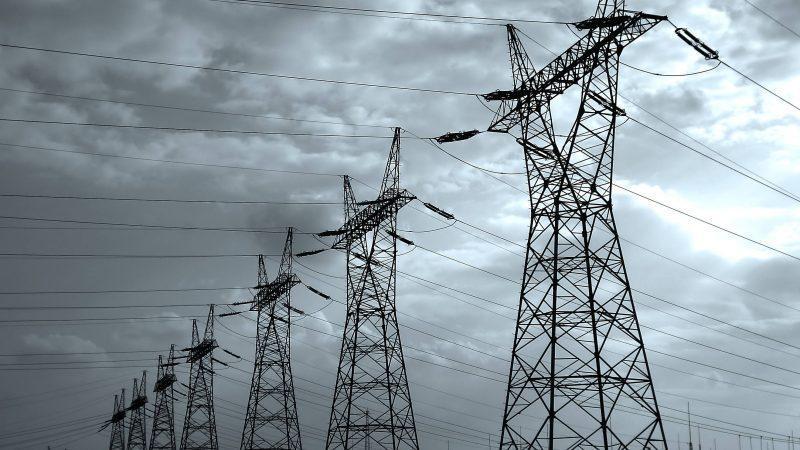Africa-Press – Botswana. Botswana Power Corporation (BPC) has incurred costs to the tune of P88.2 million over the past five years due to infrastructure vandalism.
Answering a question in Parliament on Monday on behalf of the Minister of Minerals and Energy, the Minister of Wildlife and Tourism, Mr Wynter Mmolotsi said between 2021 and 2025, BPC recorded 11,491 incidents of infrastructure vandalism, primarily targeting copper cables.
He said the incidents occurred across BPC’s national infrastructure and in 2021, there were 1,070 incidents costing P9.8 million, 649 incidents in 2022 with a cost of P6.4 million while 4,467 incidents were recorded in 2023 at the cost of P34 million.
Mr Mmolotsi also said 2024 accounted for 2 695 incidents costing P24 million whereas 2025 stood at 2 610 at the cost of P14 million. However, he said the amounts varied due to the length of the cable, location, prevailing costs and other factors.
“The primary target of these thefts is the airdac service cable, which is used for low installation height and ease of removal based on its installation standards. These factors have made it an easy target for illegal scrap trade operations,” he said.
Minister Mmolotsi said in response, the ministry and BPC had strengthened their mitigation strategy, anchored on innovation, collaboration and policy reform. He said the objective was to curb rampant cable theft across the country, which continued to cause numerous and prolonged power interruptions.
The minister said key interventions included engineering controls, technology, community clusters, technology partnerships, legislation and security. He also said engineering controls comprised deployment of safe airdac cable, which was an engineered tamper-resistant alternative that was both safer for public use and less attractive to scrap syndicates.
The minister said technology employed investment in physical and digital surveillance, including private security patrols and integration with the Safer Cities project, which leveraged urban surveillance infrastructure to monitor BPC installations in real time. He further said technology partnerships looked at the evaluation of remote monitoring systems, smart alerts and cable-tracking technologies to deter theft before it occurred.
Mr Mmolotsi said community clusters involved multiple stakeholder forums, which brought regulators, scrapyards operators and local authorities together to restrict illicit copper trade and promote responsible material management. He also said legislation entailed engagement with other government agencies to tighten laws on scrap metal sales, ensuring that perpetrators faced increased penalties, including custodial sentences where appropriate.
He said security involved collaboration with law enforcement agencies, focused on intelligence sharing, prosecutions and recovery of stolen materials through coordinated national operations. He said as an interim measure, a Cabinet Memorandum had been prepared to sanction the immediate prohibition of scrap copper trading and authorised the review of legislation governing scrap metal dealing, specifically copper trade.
“Copper cable theft is a serious threat to national development. We have seen greater impacts among our regional counterparts and no solution so far offers complete protection. Despite this, we remain committed to using every tool, policy, technology, enforcement and partnerships to protect our energy infrastructure,” he said.
Minister Mmolotsi was responding to a question from Kgatleng Central MP, Mr Mpho Morolong, who wanted to know the estimated annual financial loss caused by copper cable theft to state-owned enterprises such as BPC and Botswana Telecommunication Corporation. Mr Morolong also wanted to know as to what investment was being made in the theft-proof alternatives such as fibre-optic or insulated cable system.
For More News And Analysis About Botswana Follow Africa-Press






